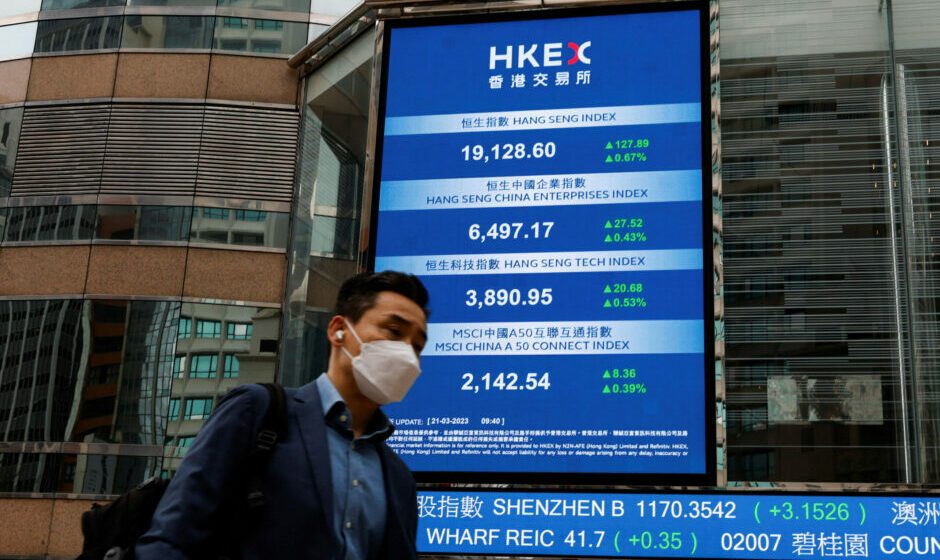Most of these saw their salaries rise by between 3% and 5%.
A total of 40% of workers in Hong Kong actually received pay rises in 2020, KPMG reported. This was lower than the 60% who had anticipated their salaries to increase during the year, but few would have been surprised that their January predictions did not materialise.
“This was not unexpected given the economic conditions that emerged during 2020,” KPMG said.
Out of this share, 20% of the respondents saw their salary increase by beteen 3% and 5%; whilst around 8% received a pay hike of between 1% and 2%. A further 6% received a more sizeable 10% to 15% increase; 3% received a 6% to 9% payrise, and the remaining 3% received an increment of more than 16% .
Meanwhile, the salary of 54% of the respondents did not change, whilst 6% experienced a decline in their salary.
“The reduction in pay may also be due to employees taking unpaid leave or to other responses by businesses to the pandemic,” KPMG said.
“The strongest response was visible in the consumer markets sector, with 11% of respondents reporting a reduction in pay.”
This was followed by the public sector with 8% reporting their salaries dropped during the year.
In contrast, most respondents who received a 3-5% increase were in real estate (33%) or financial services (29%). KPMG noted this suggests a relatively stable business outlook for these sectors.
Further, actual bonus payment in 2020 was also lower than expected with only 64% of the respondents reporting receipt of a bonus.
This is lower compared to the 84% recorded in 2019. The average bonus also fell to 1.83 months in 2020 from 2.23 month in 2019.
For 2021, only 43% expect their salaries to increase, in light of the economic contraction in 2020.
The public sector in particular saw the biggest drop in expectations for a salary increase with 40% from 77% in 2020.
“The Hong Kong government announced a freeze in salary increases for 2020 to control expenses and the high level of expectations for ‘no change’ in salaries in this sector suggests this will continue to guide planning through 2021,” the report explained.





